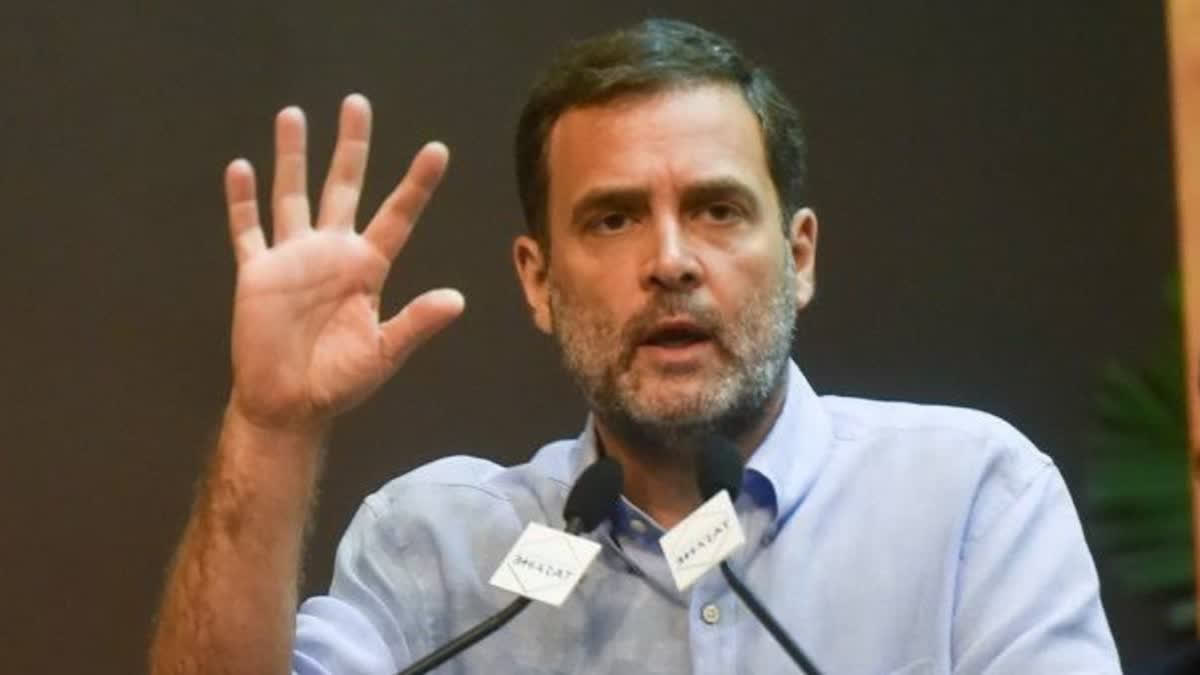New Delhi: In a recent development, a Delhi court has partially granted Congress leader Rahul Gandhi's plea for a passport, issuing a three-year no-objection certificate (NOC). Rahul Gandhi appealed for an ordinary passport because he had to submit his diplomatic passport after his disqualification as the member of the parliament.
The court addressing Gandhi’s lawyer said, "I'm partly allowing your application. Not for 10 years but three years".
Rahul Gandhi's request for an NOC was made in order to obtain an "ordinary passport." He is currently facing charges in the National Herald case, with BJP leader Subramanian Swamy acting as the complainant. During the court proceedings, which took place on Friday morning, Additional Chief Metropolitan Magistrate Vaibhav Mehta reserved the order after hearing arguments from both sides. Swamy opposed the application, asserting that it lacked merit and suggested that the passport should only be issued for one year, with subsequent renewals required each year.
Also Read : Rahul Gandhi's US trip aimed at promoting shared values of real democracy: Sam Pitroda
Swamy also raised concerns about Gandhi's citizenship, claiming that there were doubts about his status due to his previous British citizenship. However, Gandhi's advocate, Tarannum Cheema, countered these claims by stating that two petitions regarding citizenship issues had already been dismissed by higher courts. Cheema further argued that the passport should be issued for ten years, as relief of similar duration had been granted in cases involving more serious offenses than the present one, where charges had not even been framed.
The National Herald case revolves around a private criminal complaint filed by Swamy against Sonia Gandhi, Rahul Gandhi, and others. The complaint accuses them of cheating, conspiracy, and criminal breach of trust. The court's decision to grant a three-year NOC for Gandhi's passport is seen as a compromise, considering the arguments put forth by both parties.
This verdict has garnered significant attention, as it affects a prominent political figure in India. The duration of the NOC has been a subject of debate, with the court opting for a shorter period than initially requested by Gandhi. While the court acknowledged the need to address the issue promptly, it also highlighted the ongoing legal proceedings and the potential impact on Gandhi's movements.



